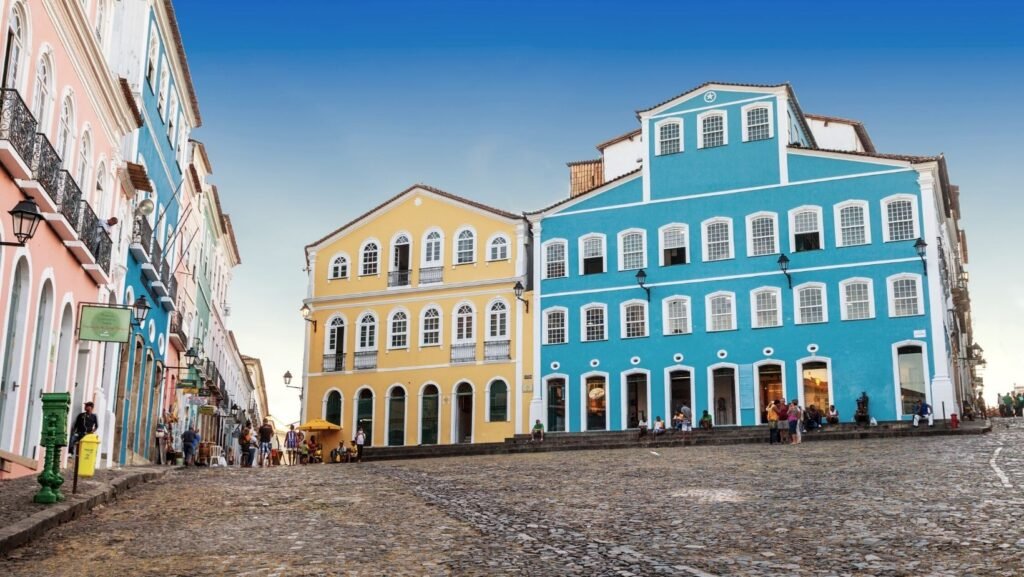

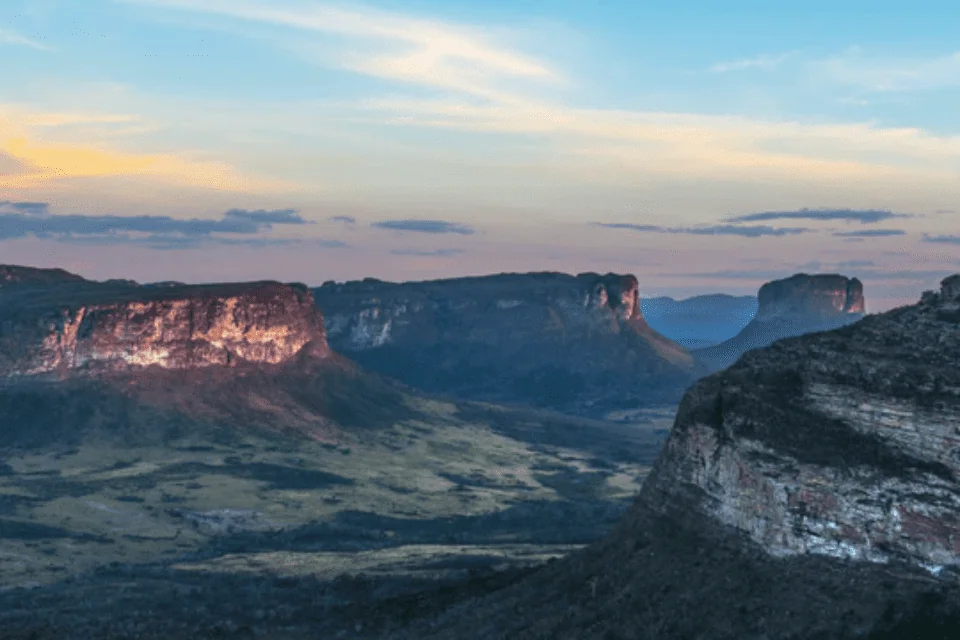
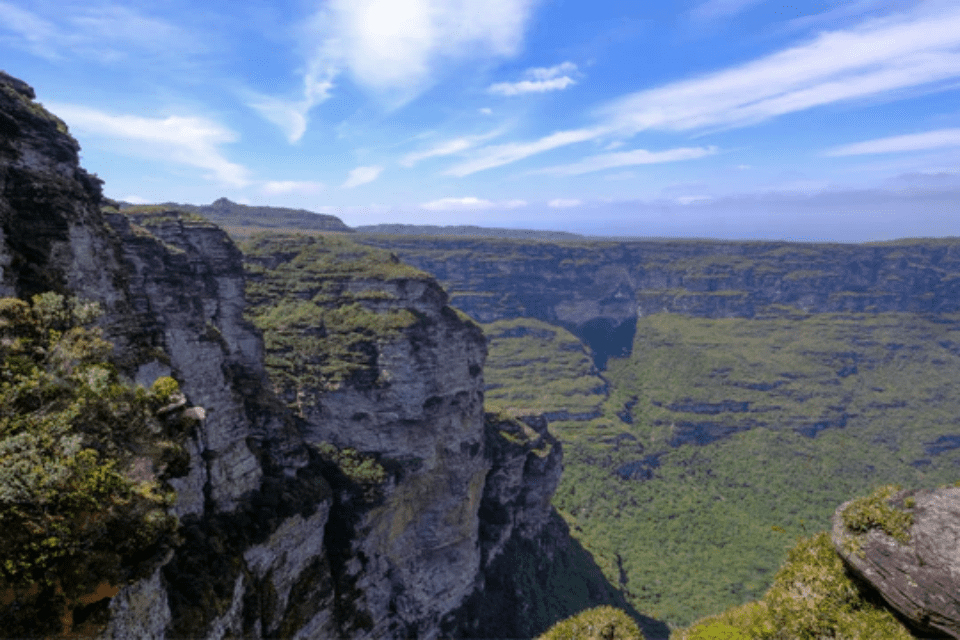

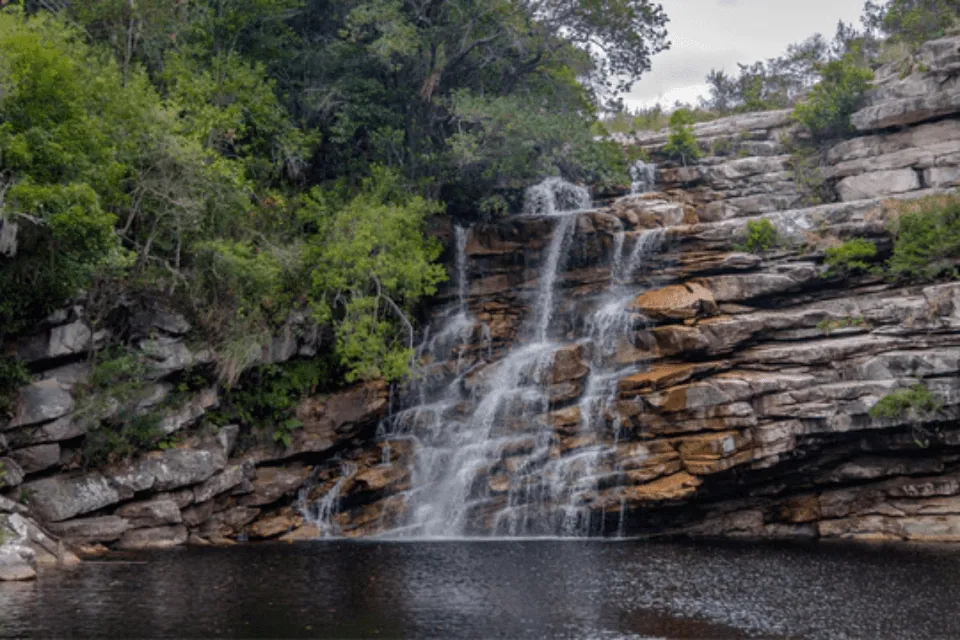
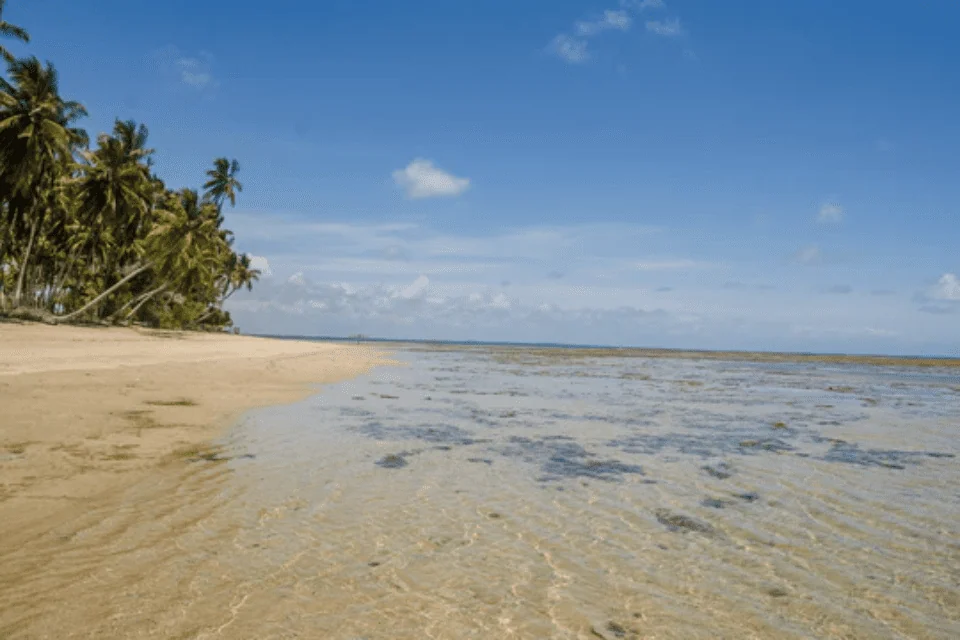
Immerse yourself in the vibrant Afro-Brazilian culture of Salvador de Bahia, a city that embodies the best of Brazil’s history, music, cuisine, and traditions.
The first capital of Brazil from 1549 to 1763, Salvador de Bahia was a point of convergence of European, African and Native American cultures. It was also, as early as 1558, the first New World slave market for sugar cane plantations.
The city has been able to preserve many exceptional examples of Renaissance architecture. Brightly colored polychrome houses, often adorned with high-quality stucco decorations are a hallmark of the old town. Salvador de Bahia has become over the years a recognized and appreciated destination.


Renowned for their sense of celebration, Bahians make the preparation and celebration of carnival a very important moment at the start of the year: folia (party’s madness) lasts nonstop from January to March!
The festivities take place only in the street and have a strong popular character. They are organized around parades of blocos, disguised groups of neighborhoods, trucks that are both tanks and orchestras equipped with deafening loudspeakers. 3 main routes allow them to cross the whole city. Prefer the Pelourinho circuit (also called Batatinha), spectacular and joyful.
Touristic attractions, historical monuments and heavenly beaches: enjoy the wonderful city to the fullest.






Years of Experience
Projects Completed
Destinations
Partners
Contact us today and let’s start planning out your project. Our team of experts will get in touch with you within two hours.